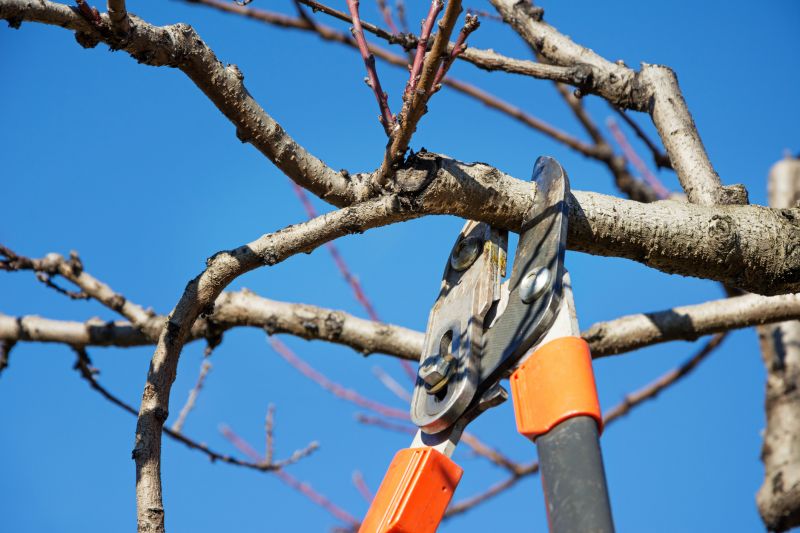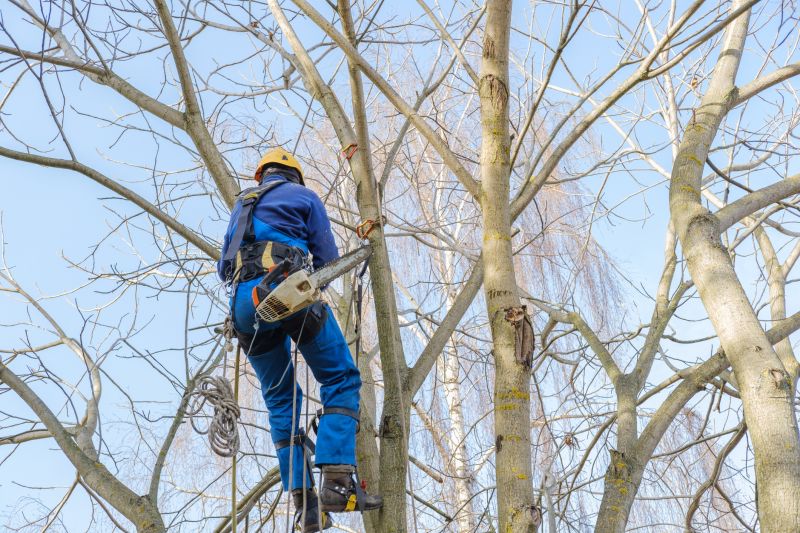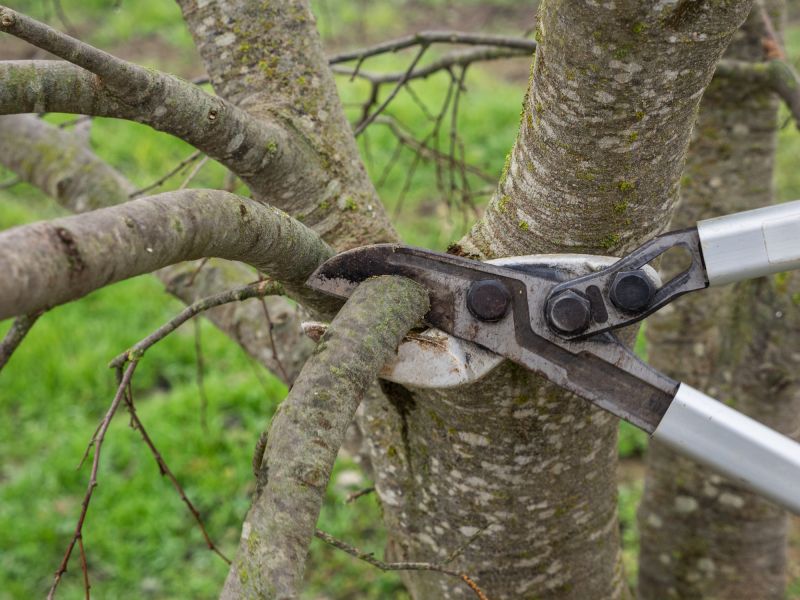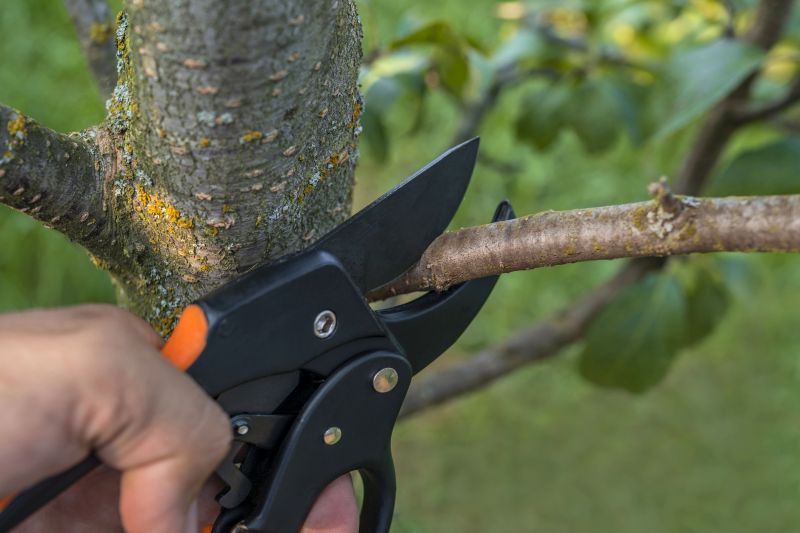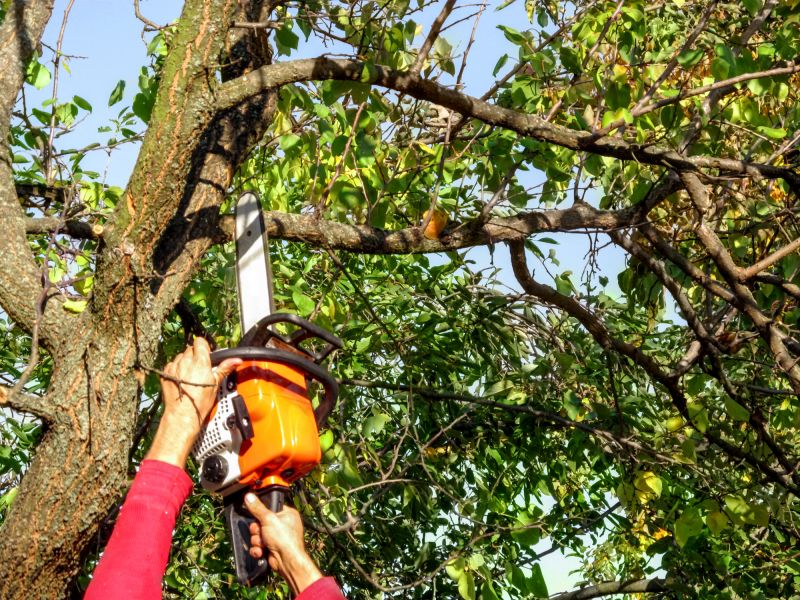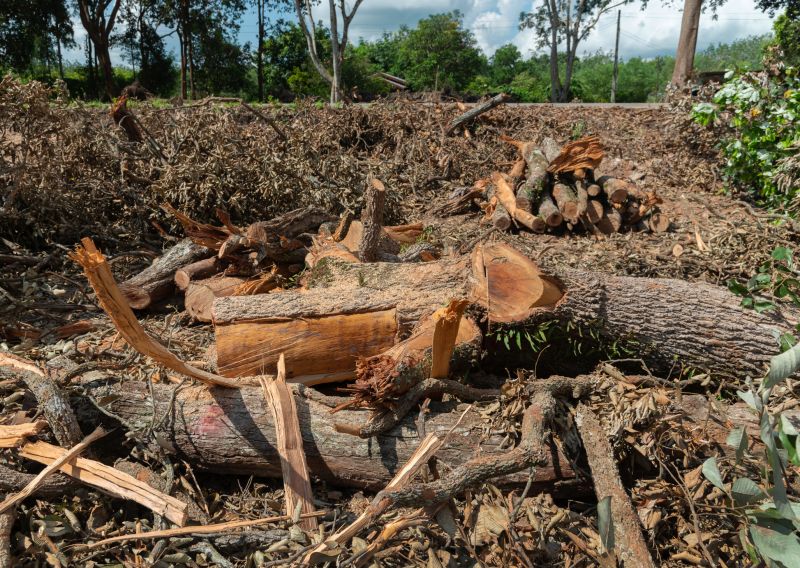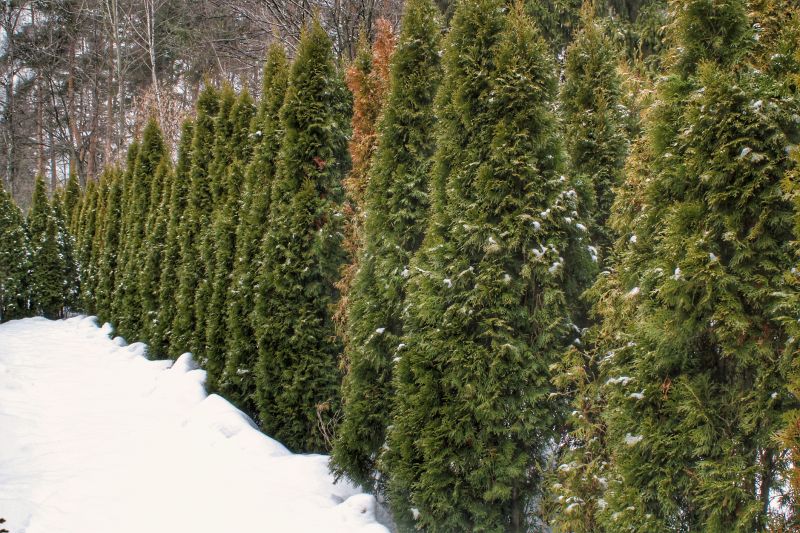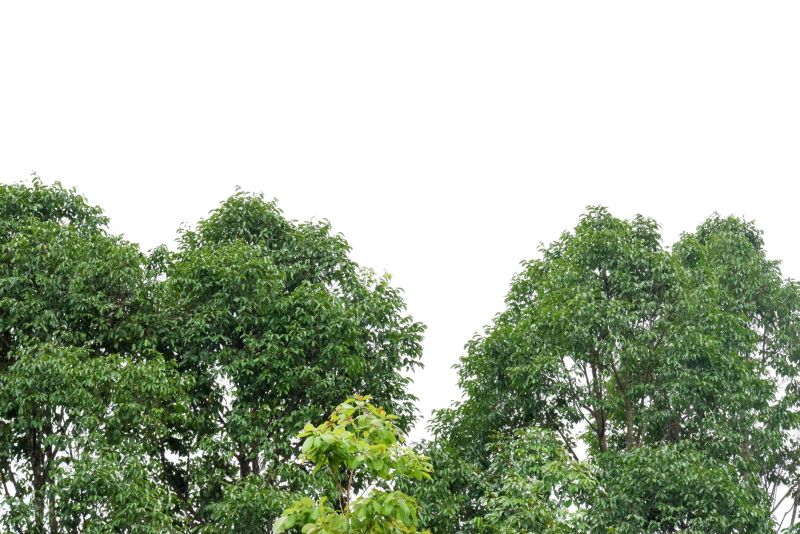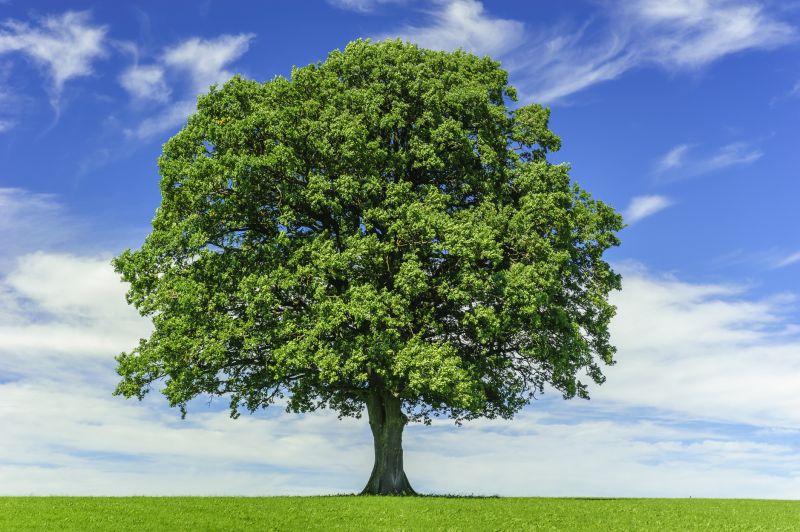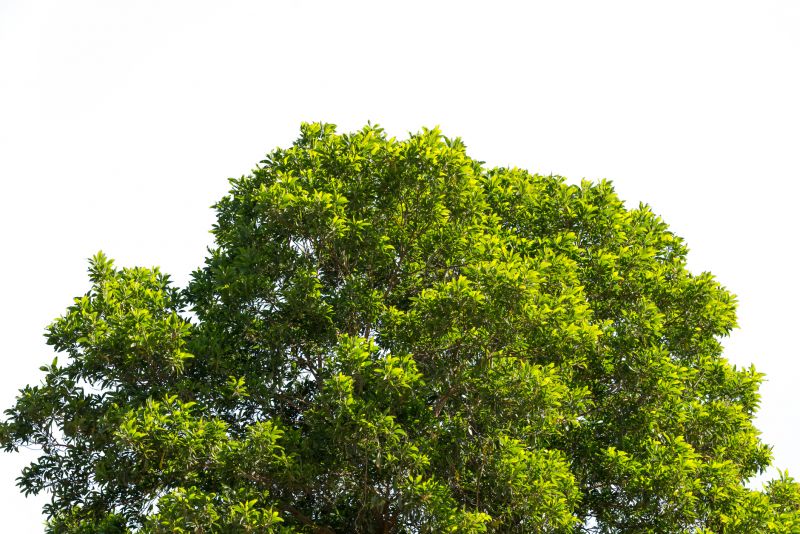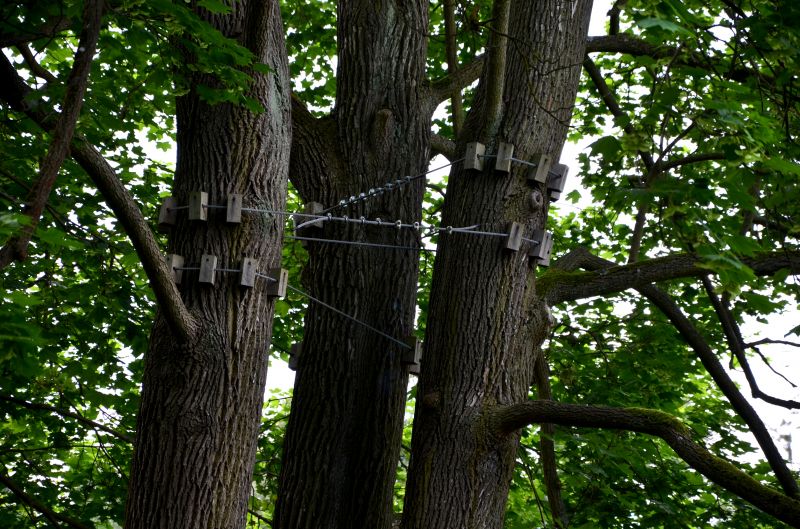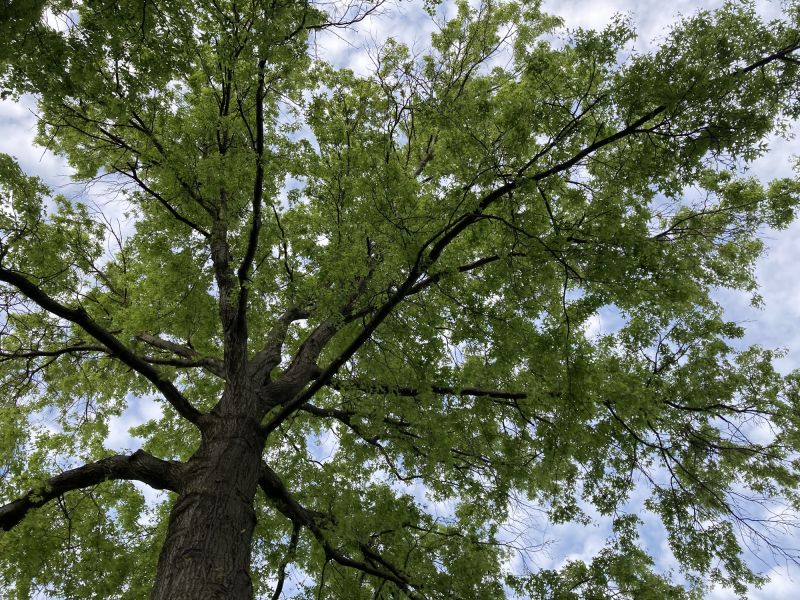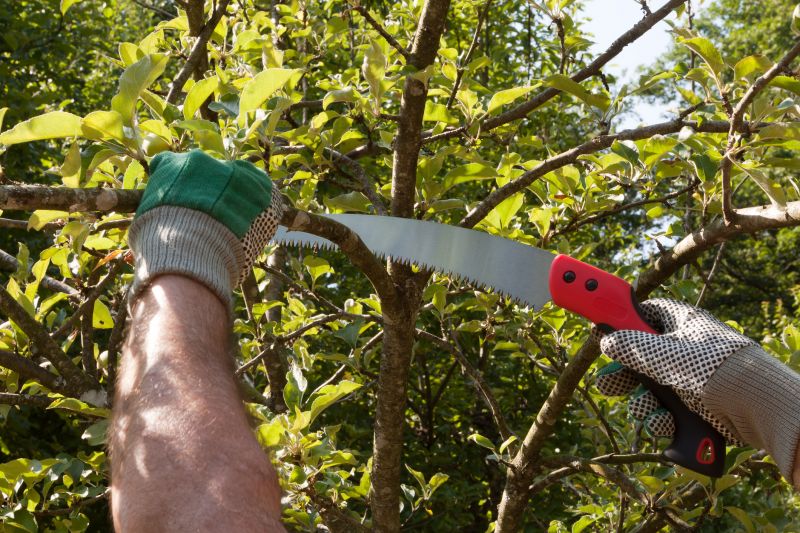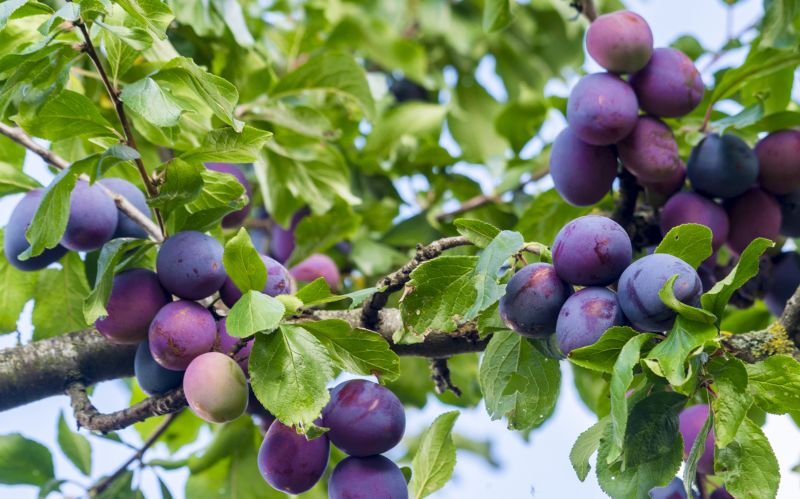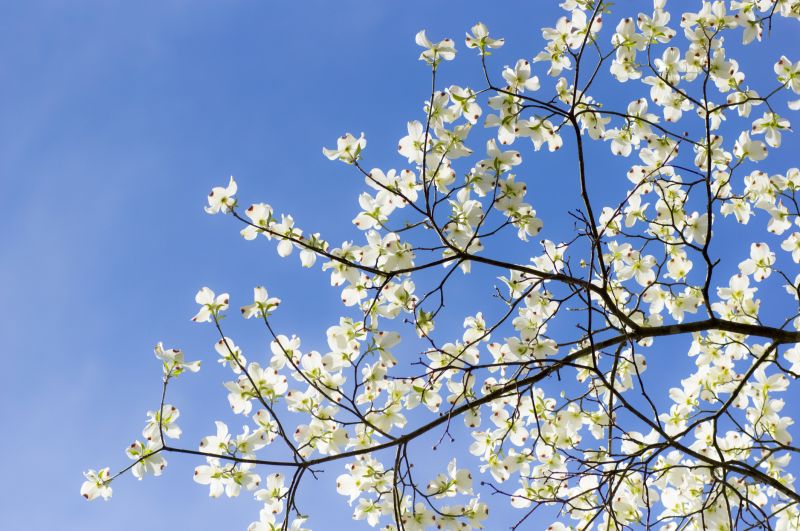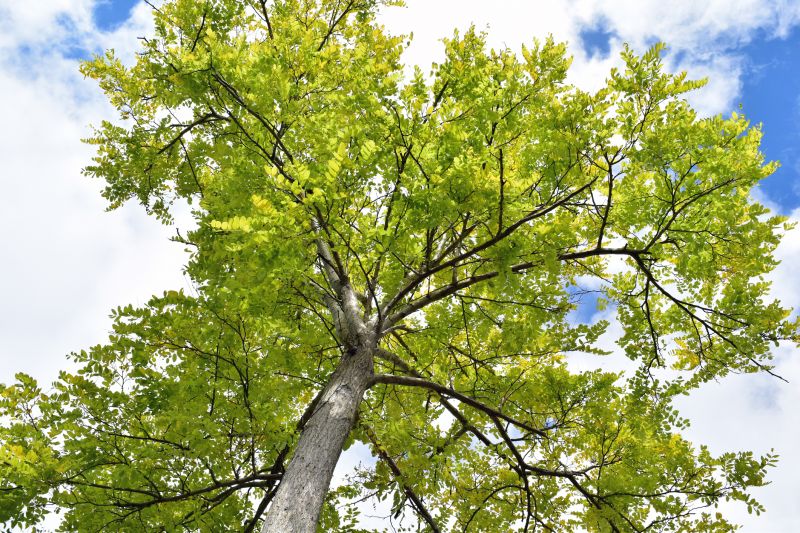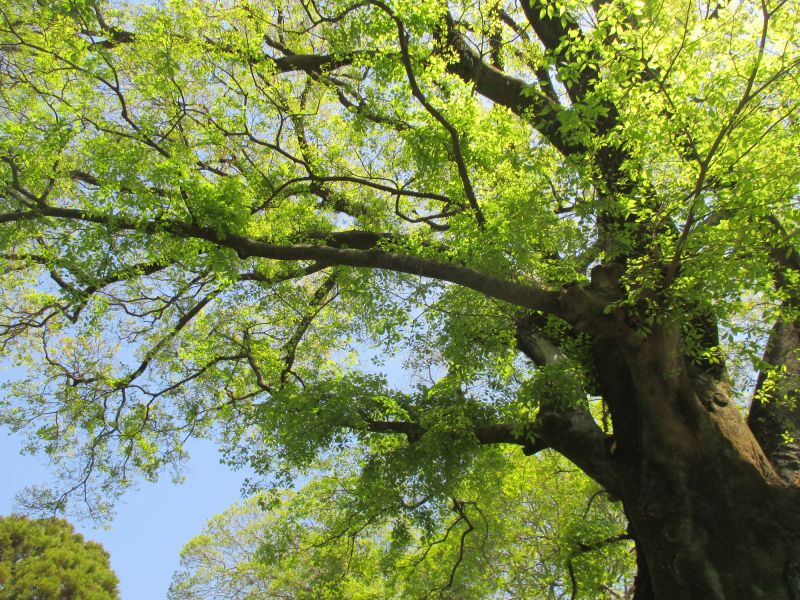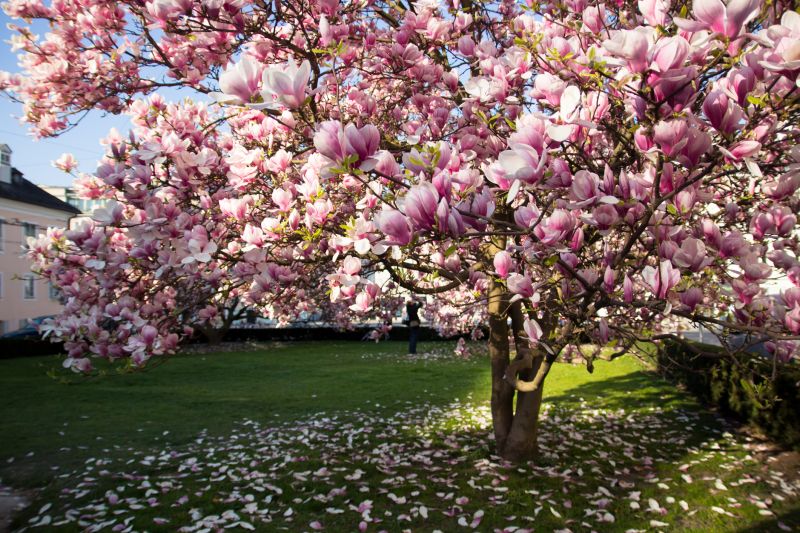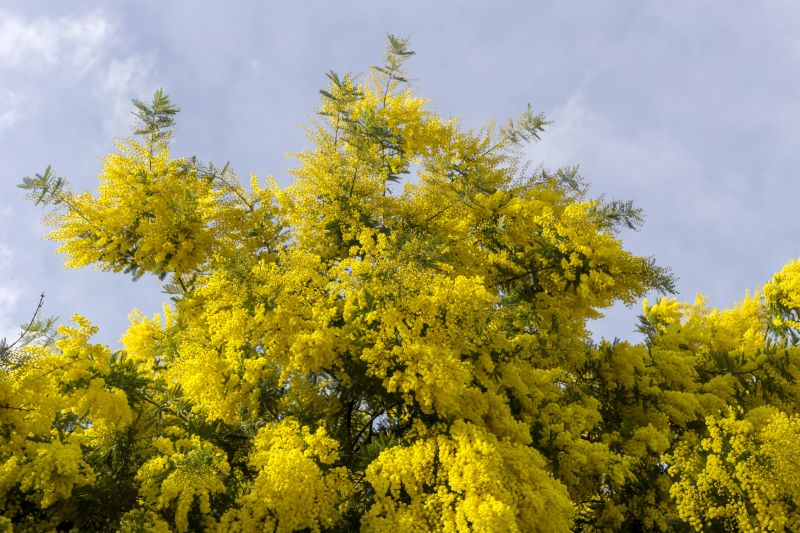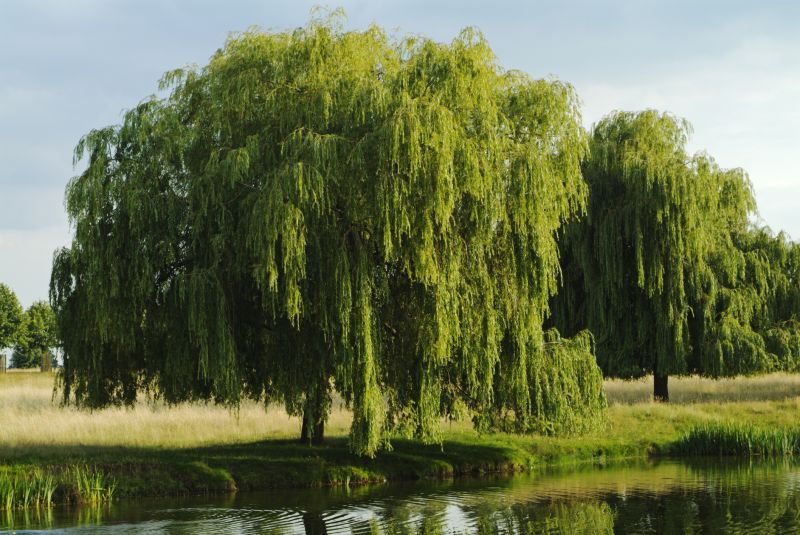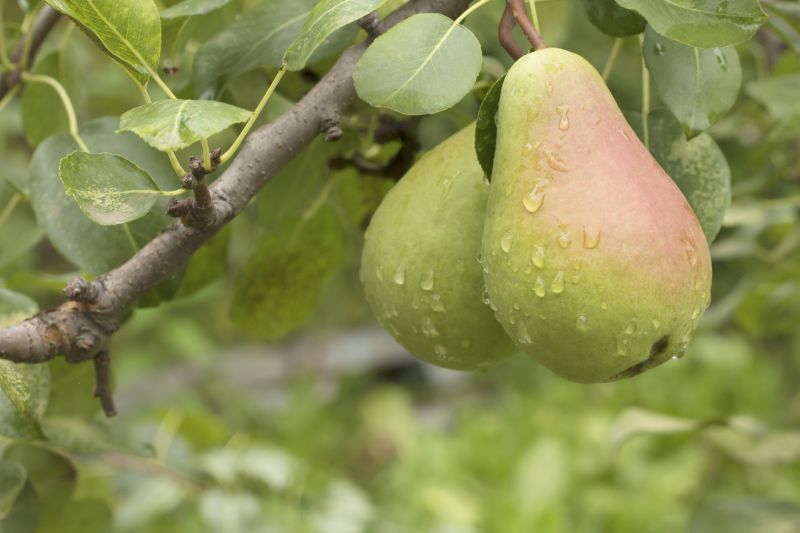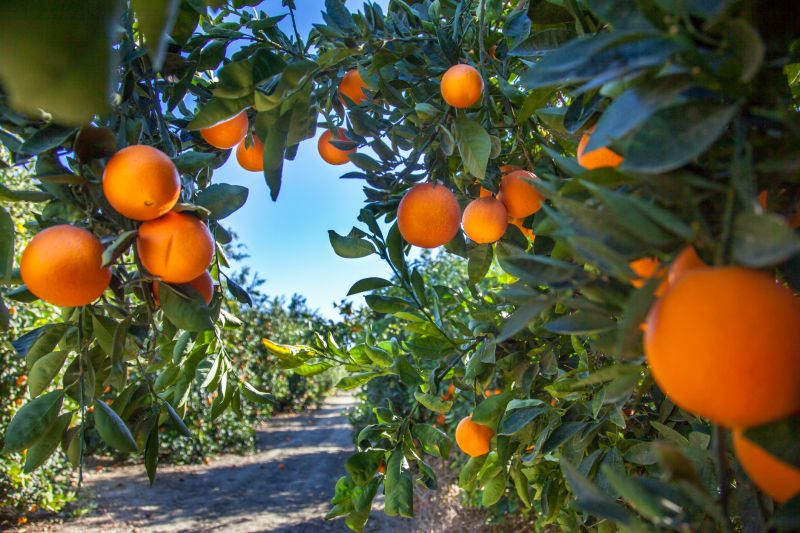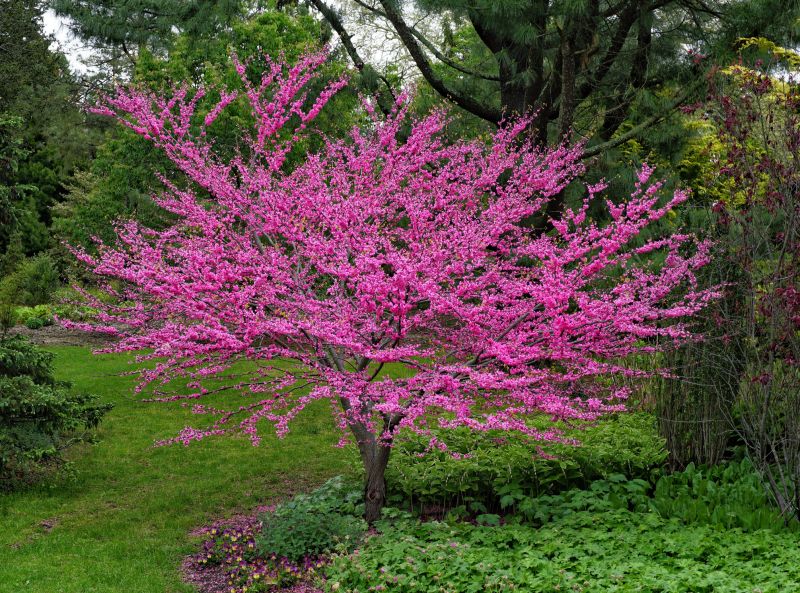
Tree Crown Balancing | How To
Get help with your tree crown balancing needs. Fill out the form above and we will connect you with local pros in your area. Tree Crown Balancing is a specialized technique used in arboriculture to maintain the structural integrity and aesthetic appeal of trees. This method involves strategically pruning and trimming branches within the tree's crown to distribute weight evenly and reduce the risk of limb failure. By carefully assessing the tree's condition and growth patterns, arborists can identify areas of imbalance and selectively remove branches to achieve a harmonious and stable crown structure. Tree Crown Balancing promotes healthy growth, enhances the tree's natural form, and minimizes the potential for damage caused by heavy or unbalanced branches. This technique is particularly beneficial for mature trees, as it helps prolong their lifespan and ensures their continued safety and beauty.
How to Do Tree Crown Balancing
Step 1: Assess the Tree
Before starting the crown balancing process, carefully assess the tree's condition. Look for any dead or diseased branches, as well as any imbalances in the overall shape and structure of the crown.
Step 2: Gather the Necessary Tools
To perform tree crown balancing, you will need the following tools:
- Pruning shears
- Ladder or pole pruner (if necessary)
- Tree climbing equipment (if necessary)
- Safety goggles and gloves
Step 3: Start with Dead or Diseased Branches
Begin by removing any dead or diseased branches from the tree. Use the pruning shears to make clean cuts just outside the branch collar. This will help promote healthy growth and prevent the spread of diseases.
Step 4: Identify Imbalances
Identify any imbalances in the crown, such as branches that are too heavy on one side or branches that are crossing and rubbing against each other. These imbalances can affect the tree's stability and overall health.
Step 5: Remove Excess Weight
To balance the crown, carefully remove excess weight from the heavier side or areas of the tree. This can be done by selectively pruning or thinning out branches. Take care not to remove too much foliage, as it is essential for the tree's photosynthesis process.
Step 6: Maintain the Tree's Natural Shape
While performing crown balancing, it's important to maintain the tree's natural shape and aesthetics. Avoid over-pruning or creating an unnatural appearance. The goal is to achieve a balanced and healthy crown while preserving the tree's overall beauty.
Step 7: Regular Maintenance
After completing the crown balancing process, make sure to regularly inspect and maintain the tree's crown. This includes removing any new dead or diseased branches, as well as addressing any imbalances that may arise over time.
By following these steps, you can effectively perform tree crown balancing and help promote the health and stability of your trees.

